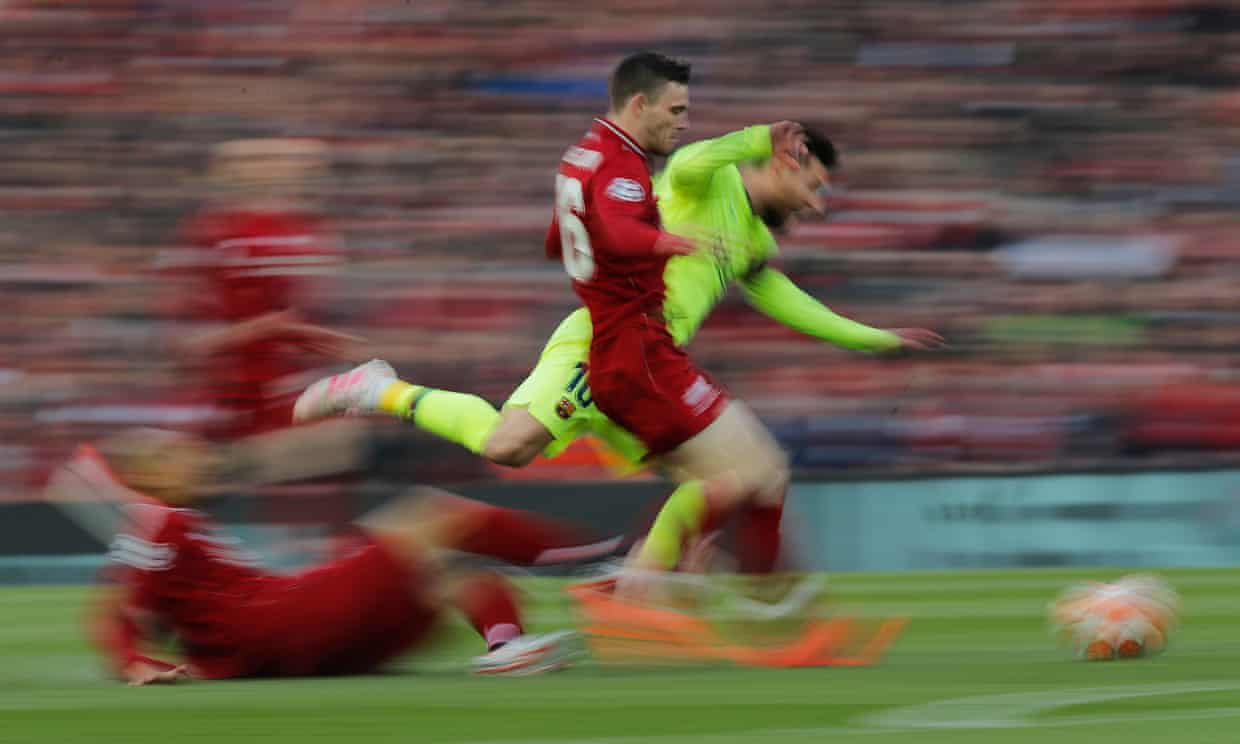
Technique must now be matched by physique and Klopp’s side used old English virtues to blow away a decadent Barcelona
Talk all you want about great European nights. Talk of the swell of the crowd, the roaring emotion inside Anfield. Talk of St-Étienne and Olympiakos and Borussia Dortmund. Talk of glory and heart and implausible goalscoring heroes, of Fabinho’s energy, Trent Alexander-Arnold’s wit and Jordan Henderson doing it on one leg. All that played its part. But talk also of Barcelona’s impotence in the maelstrom, of the familiarity of their problems, and conversely of the way in which Jürgen Klopp has resurrected the great historical virtue of English football: its power.
When a three-goal advantage is overturned, of course it is a surprise (even now, when such things seem to happen on an almost weekly basis in the Champions League). Just because the underlying causes can, with hindsight, be traced, the improbability of what happened should not be downplayed. The silliness of the away goals rule meant the tie was weighted even further in Barcelona’s favour: Tuesday’s second leg effectively started 3.5-0 given the impact a goal for them would have had on the tie. Plus Lionel Messi, plus Luis Suárez, minus Mohamed Salah, minus Roberto Firmino: of course this was a shock. And yet look at the two legs as a whole, look at the balance of play, and what was freakish was not the scoreline at Anfield in the second leg but what had happened at Camp Nou.
Liverpool dominated three-quarters of the tie and matched Barça in the rest. In the first leg, the excellence of Messi and Suárez and that series of ricochets in the buildup to the second goal, combined with the way Liverpool wasted perhaps half a dozen promising openings gave the scoreline an unrepresentative aspect. But the drubbing Barça got at Anfield began last week.
Clean sheets at Lyon and Manchester United in the Champions League this season made it seem that Ernesto Valverde had perhaps found a solution to the fragility that brought 4-0 and 3-0 defeats by Paris Saint-Germain and Juventus two seasons ago, that had made them so vulnerable against Roma, even against Chelsea, last season. The way the midfield three sat deep, protecting the back four, suggested lessons had been learned: Liverpool were not able simply to rampage unchecked from back to front as previous opponents had been.
But in the cauldron of Anfield, when crosses – at last – found their man and deflections fell Liverpool’s way, it was not enough. Barcelona’s front three between them didn’t make a single tackle – an extraordinary statistic for a team under such pressure with a lead to defend. They made only two interceptions, both by Philippe Coutinho. Suárez had only 31 touches (of the ball, that is: there were probably at least that many on the legs of Andy Robertson). Messi’s brilliance transformed the first leg and his level of genius can probably be afforded a certain latitude, perhaps even requires it, but defending a man down – two men down given Suárez’s no-show – against a side as good as Liverpool leaves a team horribly susceptible.
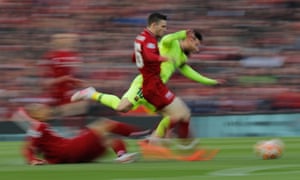
There is a decadence to this Barcelona, as there is to so many of the modern elite. The great swings of fortune that have characterised the knockout stages of the Champions League of late are largely the result of sides fatted on dominance of their domestic leagues who have lost the capacity to defend – tactically and perhaps also morally.
But this was a game that reached back beyond the dissolute – if highly entertaining – character of the modern game to something far more primal. What it called to mind perhaps more than anything was a game played 30 miles to the east, 35 years ago. Then too Barcelona squandered a seemingly impregnable first-leg lead (just 2-0 back then, but such is inflation) to go out of the Cup Winners’ Cup to Manchester United. Then too they wore yellow; then too a brilliant Argentinian No 10 failed to impose himself; then too a captain with the flattest of Wearside accents contrived in his post-match interviews to make the most extraordinary of results sound banal; then too, amid a tumultuous atmosphere, Barça wilted, unable to live with the relentlessness of their opponents.
Henderson is not Bryan Robson – yet – and there are still those who deny that Messi has surpassed Diego Maradona, Divock Origi is not Frank Stapleton and Mike Duxbury was never Alexander-Arnold, but for all the differences, certain core truths emerge. Back then, English clubs prevailed in Europe because they were, as the German title of Raphael Honigstein’s book on the English game has it, “harder, better, faster, stronger”.
That emphasis on the physical became unfashionable, a mark of English football’s lack of sophistication after the Heysel ban, because it became bound up in the general consciousness with the long-ball theorising of Charles Hughes. But when all else is roughly equal, the more powerful team will usually win and the Premier League now is the home of power. It was apparent in Liverpool’s run to the final and at times as Tottenham bullied Juventus last season and it was apparent on Tuesday.
The tyranny of the pass, inspired by Guardiola at Barça, is over and football has returned to a more hybrid form, one in which technique needs to be matched by physique; even Guardiola has adapted his approach to an extent. As he promised on his arrival, Klopp has returned English football to the English.
The Guardian

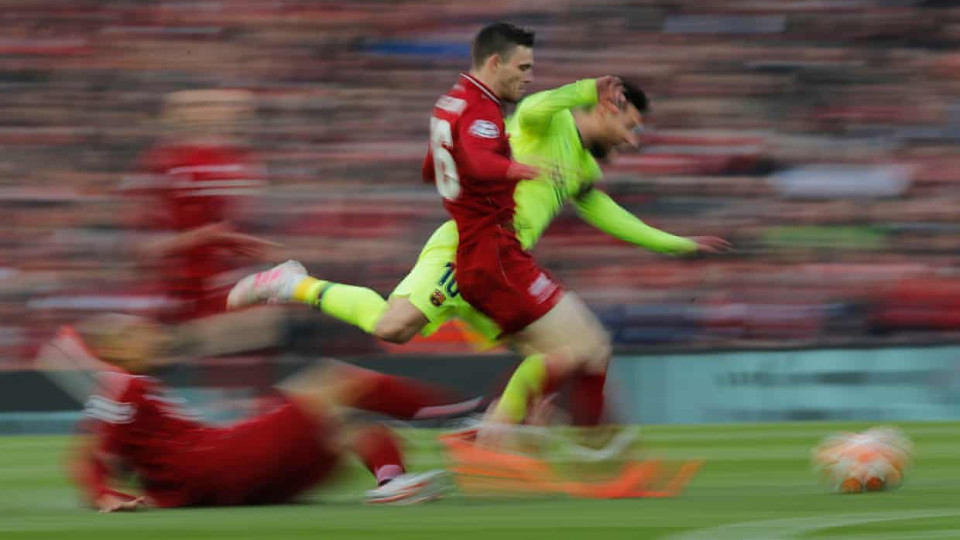
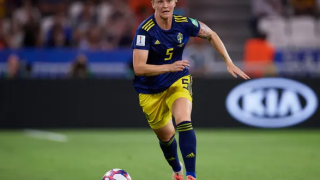
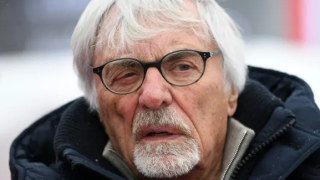
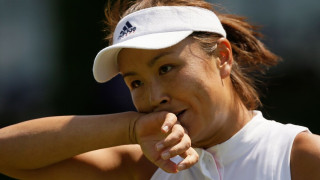



Leave a comment